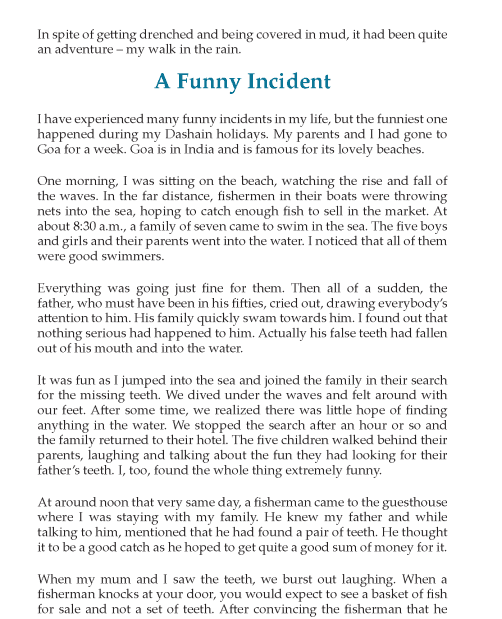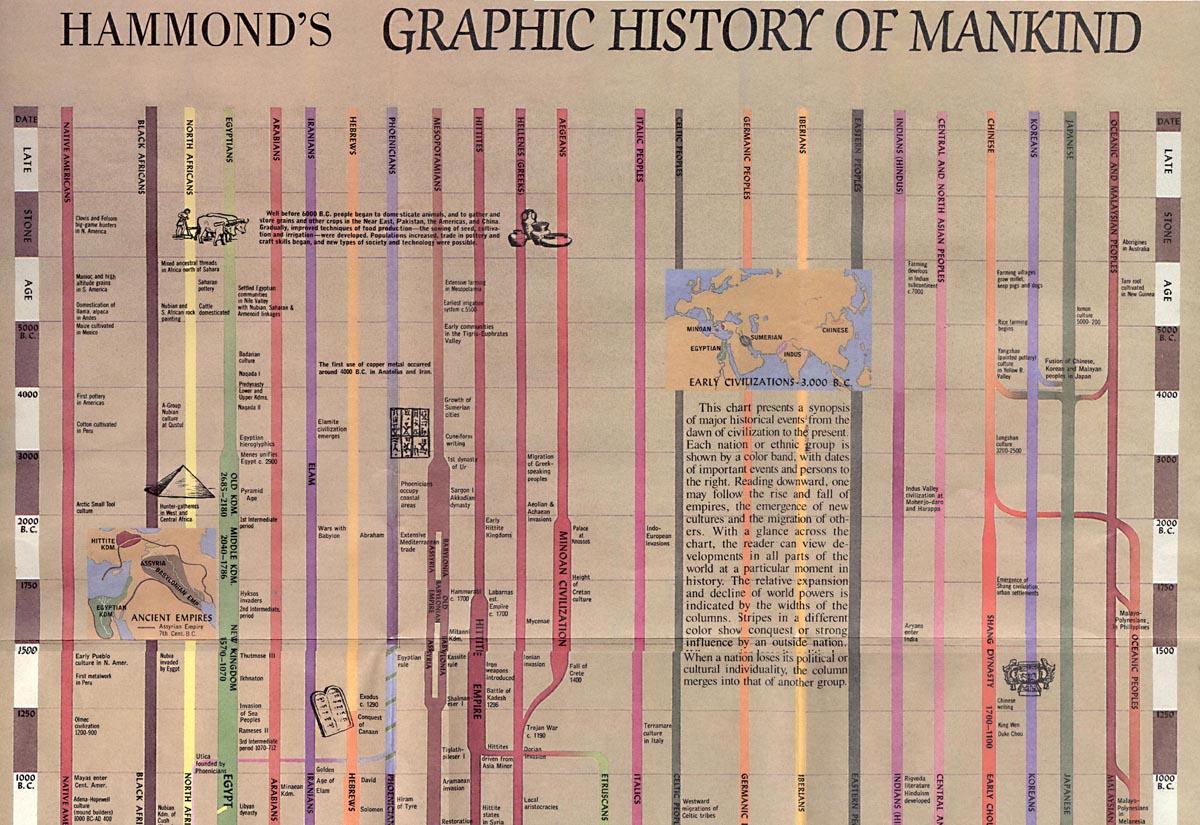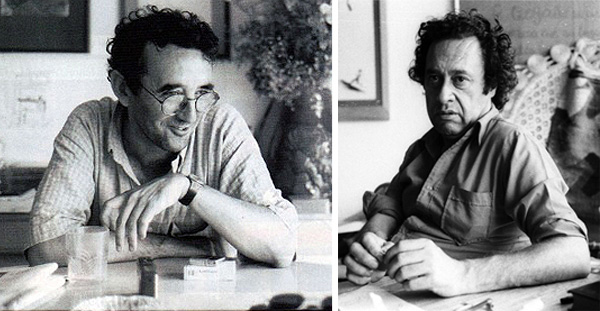Kant: Idea for a Universal History from a Cosmopolitan.
Kant would refer to the categorical imperatives when making his decision. “His first formulation of categorical imperative talks about man being a rational being; since he is a rational being, he has no right to formulate such a maxim like “if I am in a terrible condition, I have the right to take my life or reserve the right to the doctor or my family (Odianosen 9).
Criticism of Kant’s theory The issue of what makes an act moral is what makes an act moral. It states that not every universal maxim is a moral maxim. Researchers have countered this and claim that it could be trivial or moral. Kant fails to tell us how we can differentiate a moral duty from bad imperatives.
Other posts on the site.
Foucault and critique: Kant, humanism and the human sciences Mark Olssen University of Surrey. Paper presented at the British Educational Research Association Annual Conference, Heriot-Watt University, Edinburgh, 11-13 September 2003 A critique is not a matter of saying that things are not right as they are.
This essay has been submitted by a student. This is not an example of the work written by professional essay writers. We’ll even meet a 3-hour deadline. Kant’s second formulation of the Categorial Imperative can be a helpful method of moral decision making. The second formulation is a principle that tells us what we should do in any kind of.


















